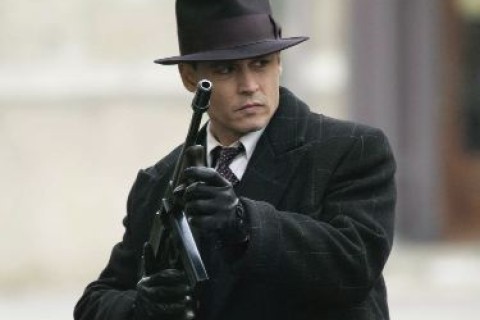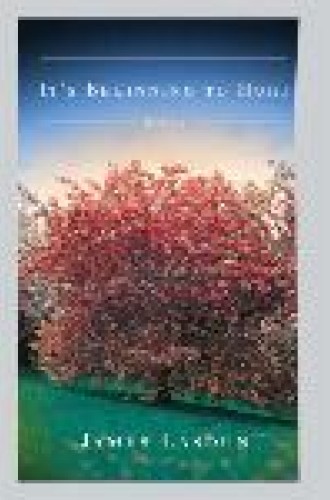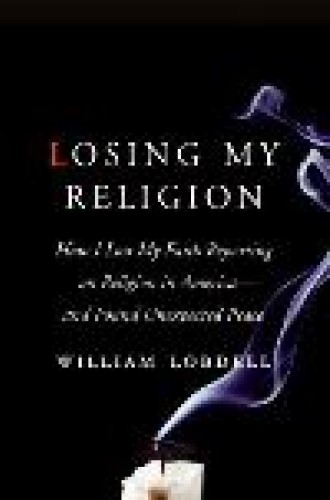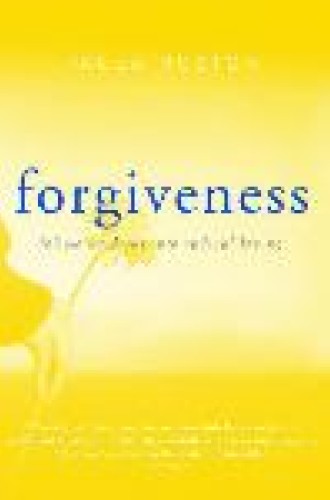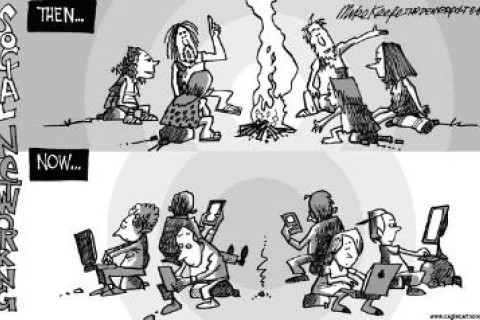Features
Trade disagreement: The inequalities of NAFTA
In the Democratic presidential primaries NAFTA became a dirty word. Hillary Clinton and Barack Obama vied to out-diss the trade agreement and gain the votes of disenchanted (and often unemployed) workers in blue-collar parts of the country.
What about Rose? Tying international aid to U.S. abortion policy: Tying international aid to U.S. abortion policy
Regretfully yours: Leaving perfection to God
My wife, a teacher of philosophy at a Catholic university, likes to begin introductory ethics courses with a hypothetical question. If you were to live to be 80, what would you like to be able to say about yourself? Her students, who are mostly Catholics and Lutherans—and often practicing ones—sometimes impress her with sensitive responses about virtue and character. But in the last few years she has noticed that more and more of them answer that they want to be able to say that they have no regrets, that they wouldn’t do anything differently.
Economics for disciples: An alternative investment plan
Public Enemies
Halfway through Michael Mann’s Public Enemies, about the time I should have been engrossed in the tommy-guns-a-blazin’ battle between bad guy John Dillinger (Johnny Depp) and good guy Melvin Purvis (Christian Bale), I found myself staring at the beautiful overcoat Dillinger was wearing, the hip sunglasses he had on and the way Purvis’s stylish hat was nattily cocked upon his head.
Books
Nature's Second Chance: Restoring the Ecology of Stone Prairie Farm
BookMarks
After faith
Forgiveness: Following Jesus into Radical Loving
Promised Land: Thirteen Books That Changed America
Departments
A closer look: Images of faith
War zone: What's the strategy in Afghanistan?
Seedtime and harvest: Nothing is independent
Nations at risk: Fertile ground for persecution
News
Riverside tensions akin to progressive angst? Changing of the liberal guard: Changing of the liberal guard
Revitalized Jesus Seminar gets new home: Rent-free space at Williamette University
Century Marks
Books to change lives: Hakim Hopkins was in juvenile detention when his mother sent him a copy of the classic Native Son, by Richard Wright. Reading the book changed Hopkins’s life and gave him a vocation: he runs an independent bookstore in inner-city Philadelphia with the name Black & Nobel (playing off the names of both Barnes & Noble and the Nobel Prize). A banner outside his store advertises, “We ship to prisons.” One customer who purchases books for her father in prison reported that he reads the books she sends him real fast—though he wasn’t a reader when he was out on the street.



